Is Broccoli Good for Weight Loss? Exploring the Power of Vegetables.
If you’re on a journey to shed some extra pounds, you’ve likely come across various diets and superfoods claiming to be the ultimate solution. But amidst all the noise, one simple truth stands out: vegetables are your best friend when it comes to weight loss. Among these, broccoli emerges as a nutritional powerhouse that can significantly aid in your weight loss journey.
Broccoli: A Nutrient Powerhouse
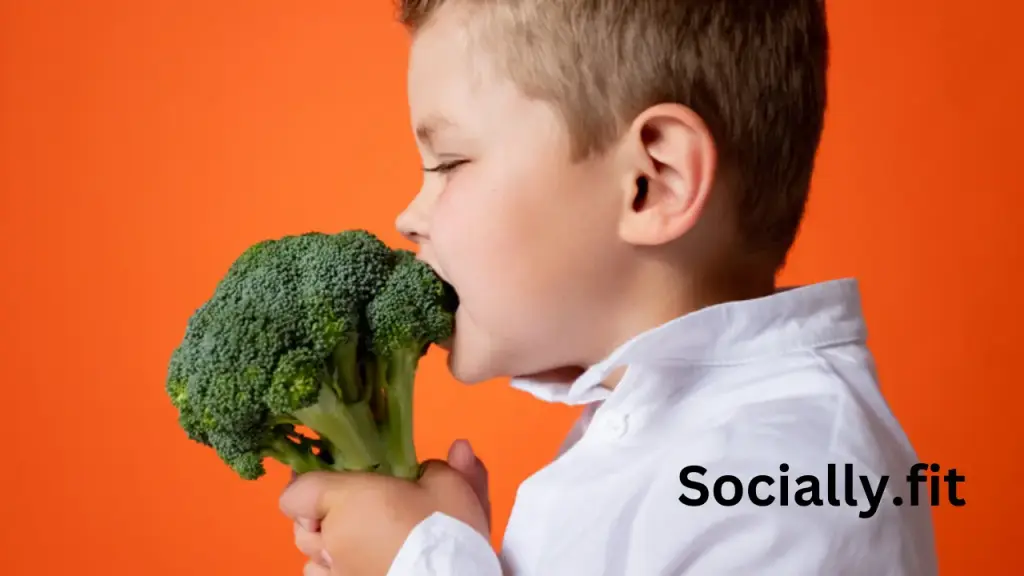
- Rich in Vitamins and Minerals: Broccoli is packed with essential vitamins and minerals, including vitamin C, vitamin K, folate, and potassium, which are crucial for overall health and well-being.
- High in Fiber: With its high fiber content, broccoli promotes digestive health and aids in weight management by keeping you feeling full and satisfied for longer periods.
- Low in Calories: Despite its nutritional density, broccoli is low in calories, making it an excellent choice for those looking to lose weight or maintain a healthy weight.
- Antioxidant-Rich: Broccoli contains antioxidants such as sulforaphane and glucoraphanin, which help protect the body against oxidative stress and reduce the risk of chronic diseases.
- Supports Immune Function: The abundance of vitamins and minerals in broccoli, particularly vitamin C, boosts immune function and helps the body fight off infections and illnesses.
Similarities between Broccoli and Weight Loss
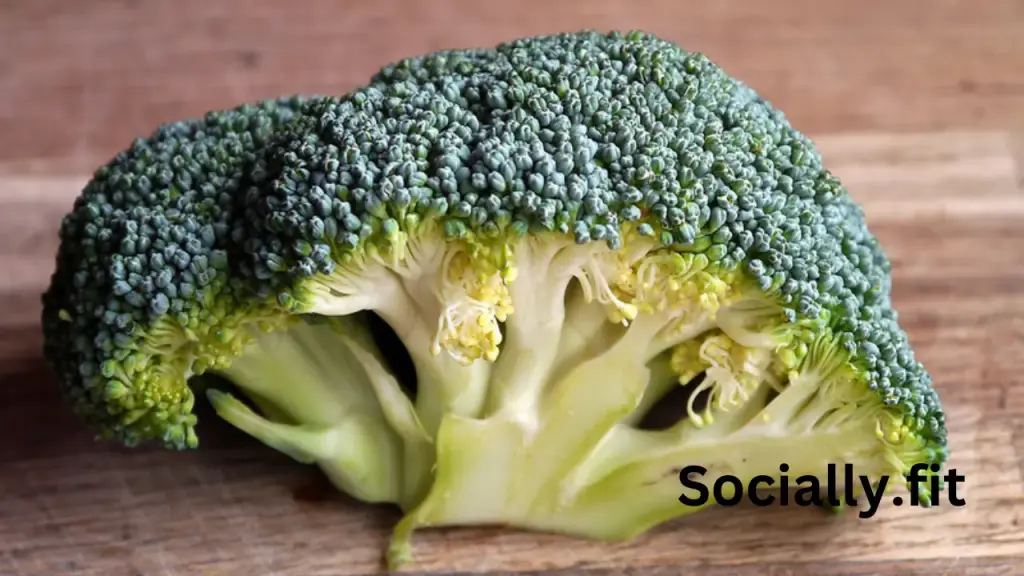
- High Fiber Content: Both broccoli and weight loss are associated with high fiber intake. Broccoli is rich in dietary fiber, which aids in digestion, promotes satiety, and helps control appetite, all of which are crucial factors in successful weight loss.
- Low Calorie Density: Broccoli is low in calories but high in nutrients, making it an ideal food for weight loss. Similarly, successful weight loss often involves consuming foods with low calorie density to create a calorie deficit without sacrificing essential nutrients.
- Nutrient Density: Broccoli is densely packed with essential vitamins, minerals, and antioxidants, offering numerous health benefits while supporting weight loss goals. Similarly, a balanced weight loss diet emphasizes nutrient-dense foods like broccoli to ensure optimal health and well-being.
- Promotes Satiety: Incorporating broccoli into meals can help promote feelings of fullness and satisfaction due to its high fiber content. This can lead to reduced overall calorie intake, making weight loss more achievable and sustainable.
Spinach: Another Weight Loss Superfood
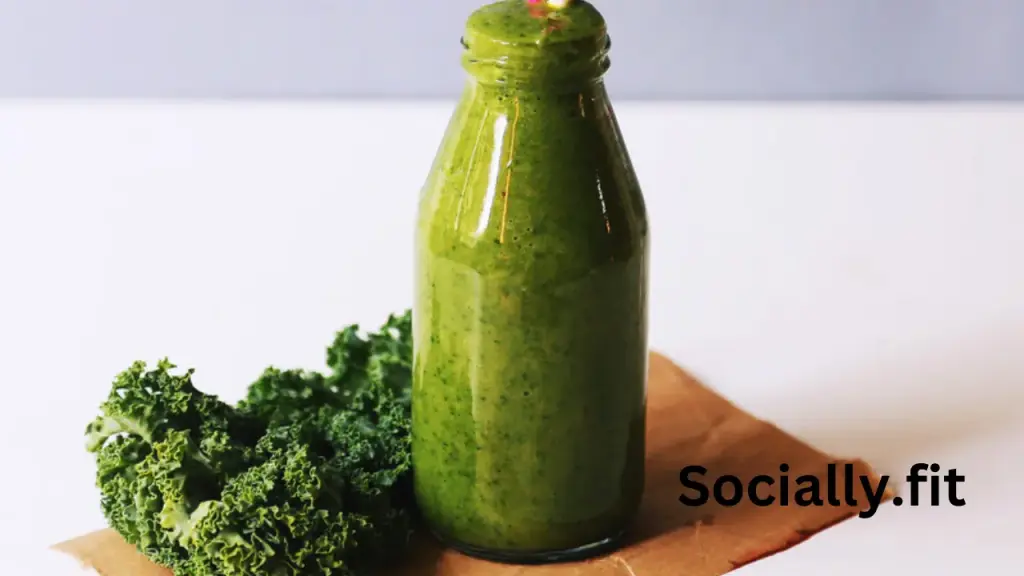
- Low in Calories, High in Nutrients: Spinach packs essential vitamins, minerals, and antioxidants while remaining incredibly low in calories. This nutrient density makes it an ideal choice for those looking to reduce calorie intake without sacrificing nutritional value.
- High Fiber Content: Like broccoli, spinach is rich in dietary fiber, which aids in digestion and promotes feelings of fullness and satiety. Consuming fiber-rich foods like spinach can help control appetite and prevent overeating, making it easier to maintain a calorie deficit for weight loss.
- Rich in Vitamin K: Spinach is an excellent source of vitamin K, which plays a crucial role in bone health and may help prevent bone-related conditions like osteoporosis. Maintaining strong and healthy bones is important during weight loss to support overall health and mobility.
- Loaded with Antioxidants: Spinach contains various antioxidants, including vitamin C, vitamin E, and beta-carotene, which help protect the body from oxidative stress and inflammation. These antioxidants contribute to overall health and well-being, which are essential aspects of any successful weight loss journey.
- Versatile and Easy to Incorporate: You can incorporate spinach into a wide range of dishes, including salads, soups, smoothies, and stir-fries, as it is incredibly versatile. Its mild flavor and tender texture make it an excellent addition to both savory and sweet recipes, allowing for endless culinary creativity.
Comparing Broccoli and Spinach
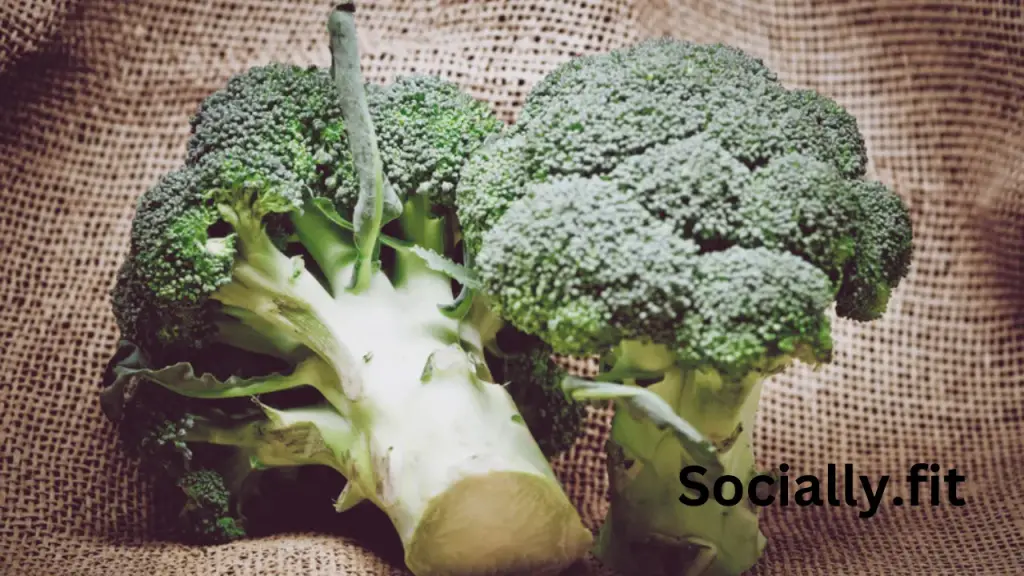
When it comes to nutritional powerhouses, broccoli and spinach are two vegetables that often come to mind. While both offer numerous health benefits, they have distinct qualities that set them apart. Let’s compare broccoli and spinach in terms of their nutritional profiles, culinary versatility, and potential contributions to weight loss:
- Nutritional Profile:
- Broccoli: Rich in vitamins C and K, folate, fiber, and antioxidants like sulforaphane. It also contains minerals such as potassium and calcium.
- Spinach: Packed with vitamins A, C, and K, along with folate, iron, magnesium, and potassium. Spinach is also a good source of antioxidants like lutein and zeaxanthin.
- Fiber Content:
- Both broccoli and spinach are high in dietary fiber, which aids in digestion, promotes satiety, and supports weight loss efforts by helping control appetite and prevent overeating.
- Calorie Density:
- Both vegetables are low in calories, making them excellent choices for those looking to manage their weight. Their low calorie density allows for larger portion sizes without significantly increasing calorie intake.
- Culinary Versatility:
- Broccoli: You can enjoy it raw or cooked and pair it well with a variety of flavors and ingredients. People commonly use it in stir-fries, salads, soups, casseroles, and as a side dish.
- Spinach: Spinach, with its versatility and tenderness, lends itself to various culinary uses such as raw consumption in salads, wilting into pasta dishes or soups, blending into smoothies, or sautéing as a side dish or filling for savory dishes like omelets or stuffed chicken breasts.
Best Vegetables for Weight Loss
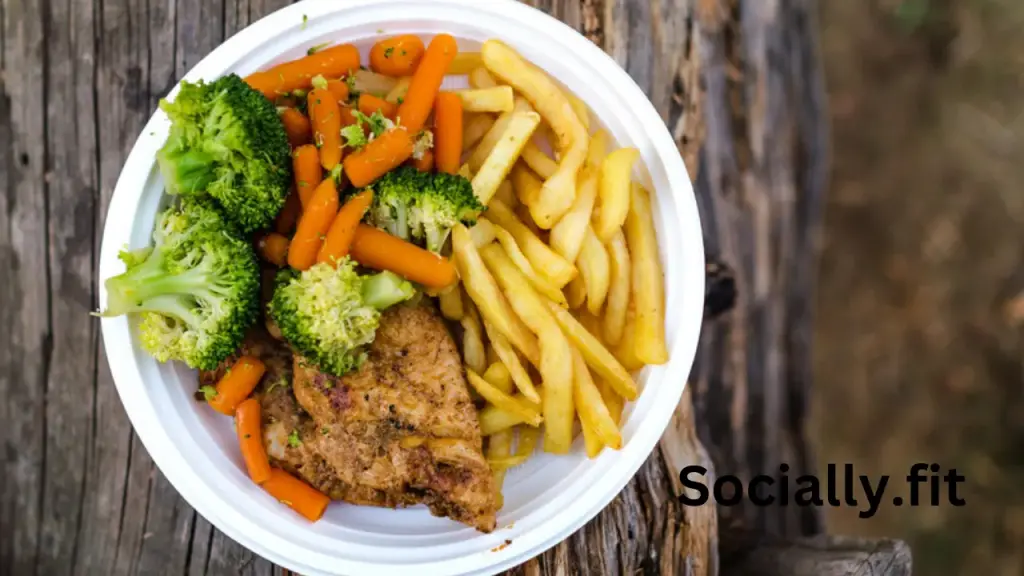
When it comes to shedding pounds and maintaining a healthy weight, incorporating plenty of vegetables into your diet is key. Vegetables are low in calories and high in essential nutrients, making them an excellent choice for weight loss. Here are some of the best vegetables to include in your meals when aiming to slim down:
- Broccoli: With its high fiber content and low calorie density, broccoli tops the list of weight-loss-friendly vegetables. It’s rich in vitamins C and K, folate, and antioxidants, making it a nutritional powerhouse that supports overall health.
- Spinach: Spinach, another nutrient-dense leafy green, packs vitamins A, C, and K, along with folate, iron, and magnesium. Its mild flavor and tender texture make it a versatile ingredient that you can incorporate into a wide range of dishes.
- Cauliflower: Versatile and nutrient-packed, cauliflower is low in calories and high in fiber, making it a great option for weight loss. It can be roasted, mashed, or riced as a lower-carb alternative to grains.
- Carrots: Carrots, sweet and crunchy, contain rich amounts of beta-carotene, vitamin K, and fiber. They satisfy as a standalone snack or enhance the nutrition and flavor of salads, soups, and stir-fries when added.
- Green Beans: Tender and crisp, green beans are low in calories but high in fiber, vitamins C and K, and folate. They can be steamed, sautéed, or roasted and make a nutritious side dish or salad component.
Including Broccoli in Your Diet
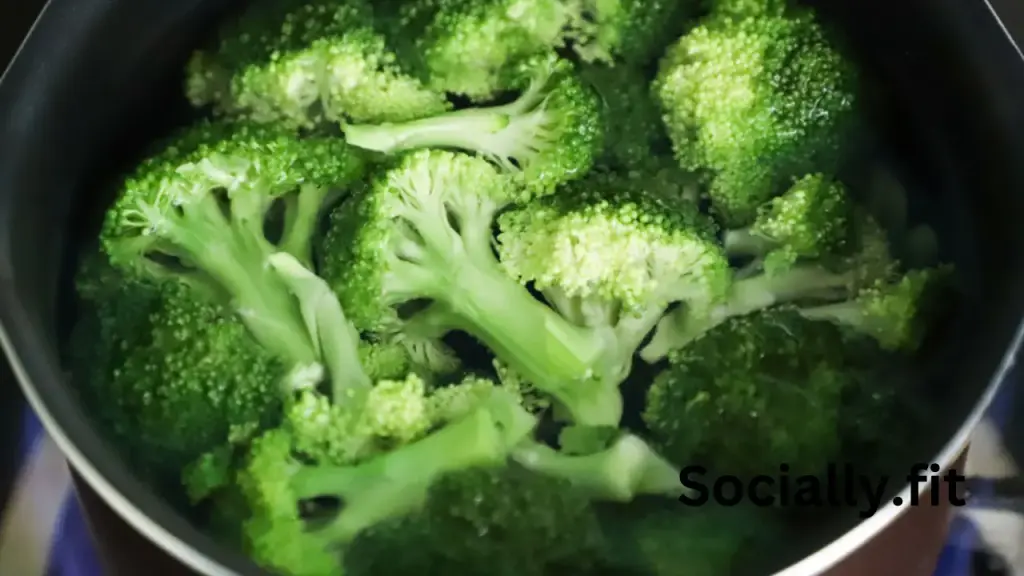
- Steamed Broccoli: One of the simplest and healthiest ways to enjoy broccoli is by steaming it. Simply trim the broccoli into florets, steam them until tender-crisp, and season with a sprinkle of salt and pepper. Steamed broccoli makes a nutritious side dish that pairs well with grilled chicken, fish, or tofu.
- Roasted Broccoli: Roasting broccoli brings out its natural sweetness and adds a delicious caramelized flavor. Toss broccoli florets with olive oil, minced garlic, and your favorite seasonings. (such as lemon zest, red pepper flakes, or Parmesan cheese) Before roasting in the oven until golden brown and crispy. Roasted broccoli makes a tasty addition to salads, grain bowls, or pasta dishes.
- Broccoli Stir-Fry: Incorporate broccoli into your favorite stir-fry recipes for a nutritious and satisfying meal. Simply chop broccoli into bite-sized pieces. Stir-fry with other vegetables, lean protein (such as chicken, shrimp, or tofu), and a flavorful sauce. Serve over brown rice or quinoa for a complete and balanced meal.
- Broccoli Salad: Create a refreshing and nutrient-packed salad. Combining raw broccoli florets with other colorful vegetables, such as cherry tomatoes, bell peppers, and red onion. Toss with a tangy vinaigrette dressing and garnish with nuts, seeds, or dried fruit for added texture and flavor.
Carrots: Weight Loss Friendly or Not?

Many people tout carrots as a healthy snack option and a staple ingredient in many weight loss diets. But are they truly weight loss friendly? Let’s delve into the nutritional benefits of carrots and how they can support your weight loss goals:
- Low in Calories: One of the key factors that make carrots weight loss friendly is their low calorie content. A medium-sized carrot contains only about 25 calories, making it a satisfying snack choice that won’t derail your calorie budget.
- High in Fiber: Carrots are a good source of dietary fiber, with one medium carrot. Fiber is known to promote feelings of fullness and satiety. Which can help control appetite and prevent overeating, ultimately supporting weight loss efforts.
- Rich in Nutrients: Despite being low in calories, carrots are packed with essential nutrients. Like vitamins A, C, and K, as well as potassium and antioxidants like beta-carotene. These nutrients not only support overall health but also contribute to a well-balanced diet conducive to weight management.
- Hydrating Properties: Carrots have a high water content, which contributes to their hydrating properties. Staying hydrated is important for weight loss as it can help curb hunger, improve digestion, and support overall well-being.
- Versatile and Convenient: Carrots are incredibly versatile and can be enjoyed in various ways. Whether raw as a crunchy snack, cooked in soups and stews, or grated into salads and slaws. Their convenience and portability make them an easy and accessible option for on-the-go snacking.
Debunking Myths: Is Broccoli Fattening?
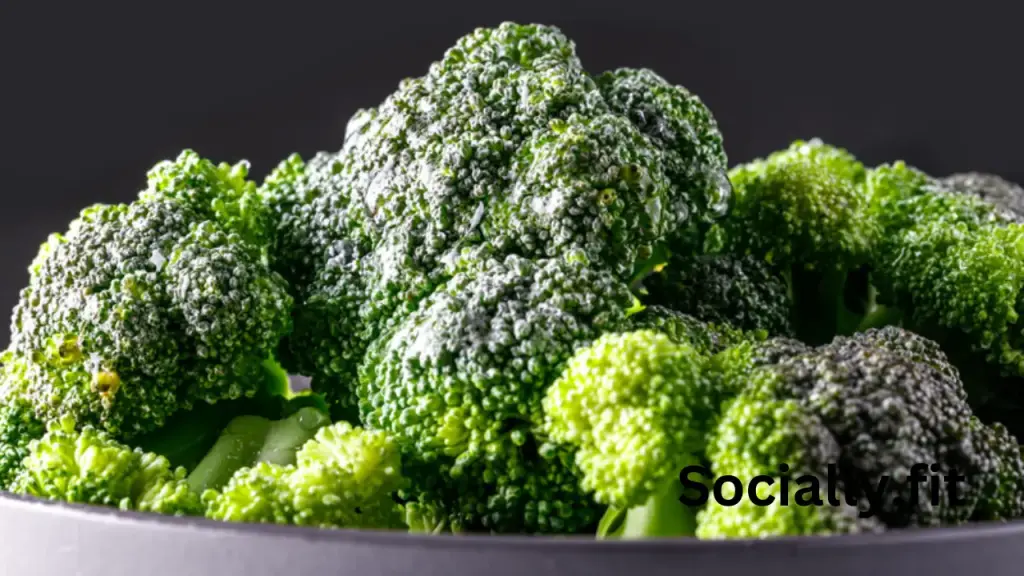
Broccoli often gets unfairly labeled as a fattening vegetable due to misconceptions surrounding its nutritional profile and culinary uses. However, let’s set the record straight and debunk this myth once and for all:
- Low in Calories: One of the key reasons why broccoli is not fattening is its low calorie content. In fact, one cup of chopped broccoli contains only about 30 calories, making it an incredibly low-calorie food choice.
- High in Fiber: Broccoli is rich in dietary fiber, with one cup providing approximately 2.4 grams of fiber. Fiber is known to promote feelings of fullness and satiety. Which can help control appetite and prevent overeating, ultimately supporting weight loss goals.
- Nutrient Dense: Despite being low in calories, broccoli is packed with essential nutrients like vitamins C, K, and folate. Also as well as minerals like potassium and calcium. These nutrients are vital for overall health and well-being, making broccoli a valuable addition to any diet.
- Promotes Satiety: The combination of fiber and water content in broccoli helps promote feelings of fullness and satisfaction after eating. This can prevent excessive calorie consumption and contribute to weight management efforts.
- Versatile and Healthy Cooking Methods: Broccoli can be prepared in a variety of healthy ways. It includes steaming, roasting, or stir-frying, without the need for added fats or unhealthy cooking methods. By incorporating broccoli into meals with lean protein sources and whole grains. You can create balanced and nutritious dishes that support weight loss.
Conclusion

In conclusion, incorporating vegetables like broccoli, spinach, and carrots into your diet. These nutrient-rich foods not only provide essential vitamins and minerals but also promote satiety and help regulate calorie intake. By making vegetables a staple part of your meals. You can achieve your weight loss goals while enjoying delicious and satisfying food.
FAQs (Frequently Asked Questions)
- Is broccoli high in calories?
- No, broccoli is low in calories but high in nutrients, making it a valuable addition to any weight loss diet.
- Can I eat broccoli every day for weight loss?
- Yes, incorporating broccoli into your daily meals can support your weight loss. It efforts by providing essential nutrients and promoting feelings of fullness.
- Are there any vegetables I should avoid for weight loss?
- Generally, most vegetables are low in calories and beneficial for weight loss. However, it’s essential to be mindful of added fats or sauces when preparing them.
- How can I make broccoli more appealing if I don’t enjoy its taste?
- Try experimenting with different cooking methods and flavor combinations. Roasting broccoli with garlic and lemon or adding it to flavorful dishes like stir-fries can enhance its taste.
- Are canned or frozen vegetables as nutritious as fresh ones?
- While fresh vegetables are ideal, canned and frozen options can still be nutritious choices. Just be sure to choose options without added sugars or sodium. Aim to incorporate a variety of vegetables into your diet.
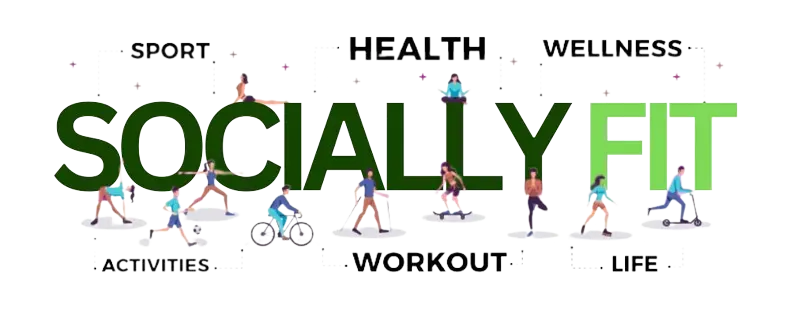






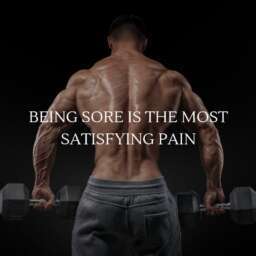
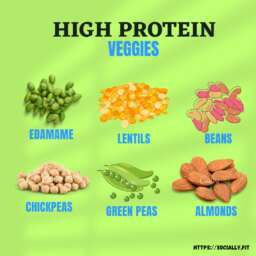
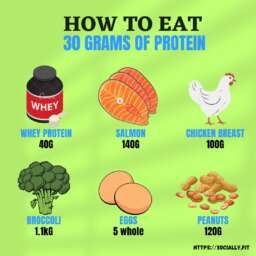
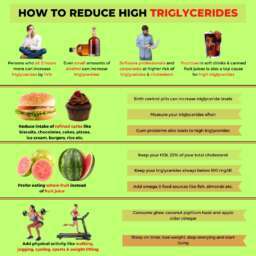
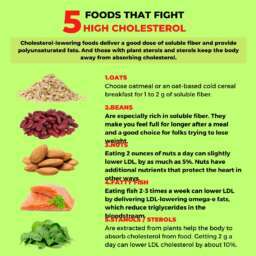
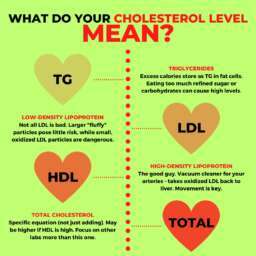

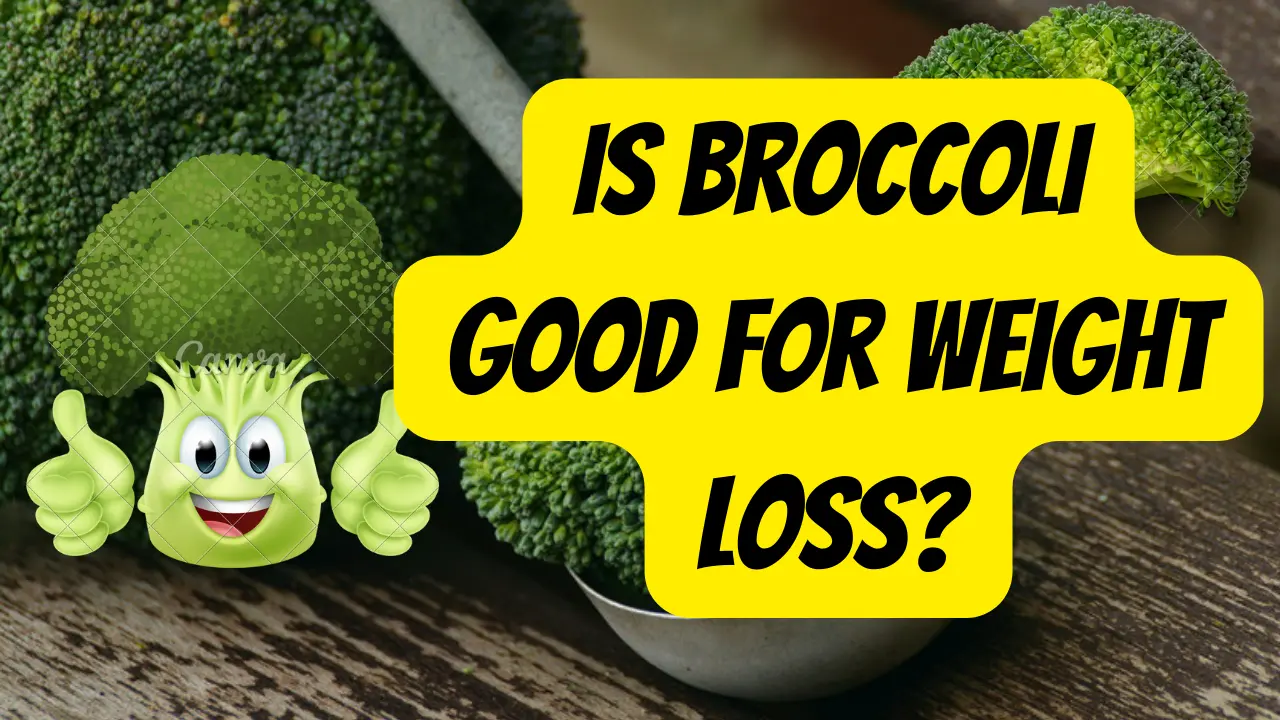
6 thoughts on “Is BROCCOLI good for weight loss?”